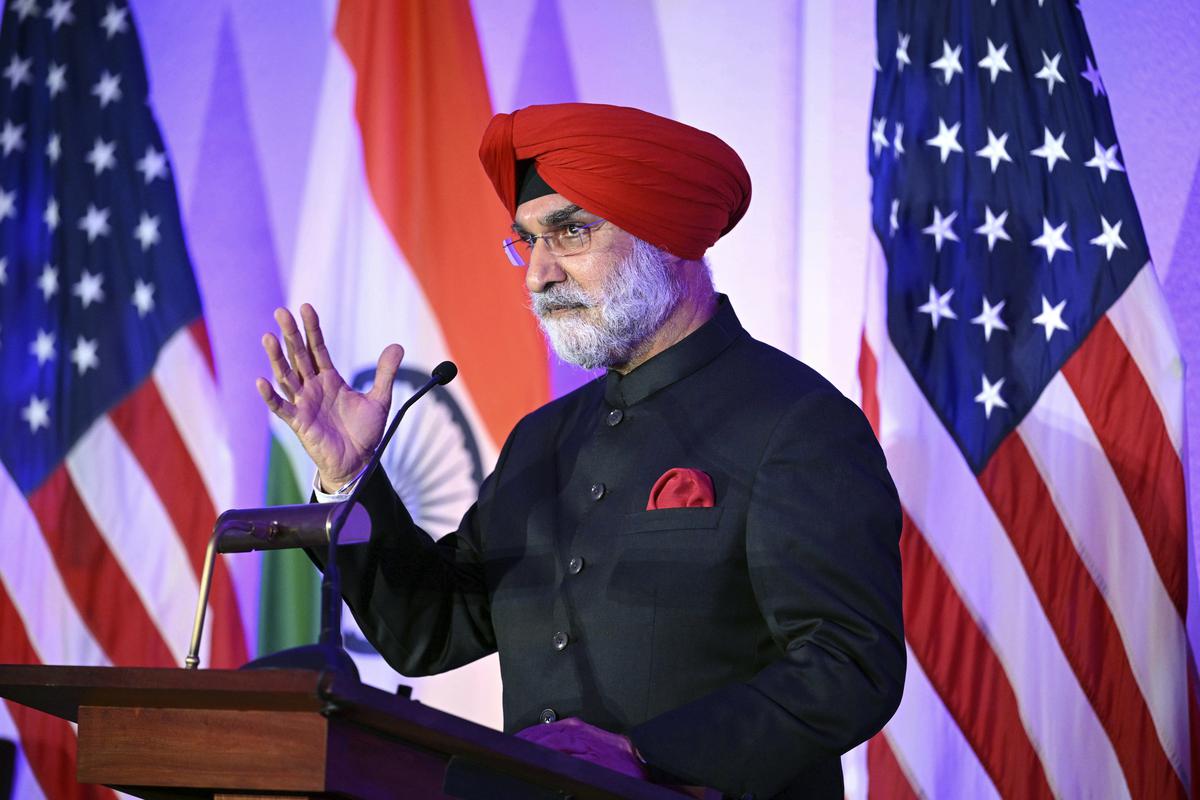
The forthcoming meeting between Indian Prime Minister Narendra Modi and U.S. President Joe Biden is poised to address significant aspects that hold great importance for both nations. Scheduled during Prime Minister Modi’s historic State Visit to the U.S., this high-level dialogue is expected to cover five major areas that will shape the future of bilateral relations between India and the United States. In this article, we delve into the key topics of healthcare, technology, renewable energy, education, and defense that will take center stage during the Modi-Biden talks.
Table of Contents
- Introduction
- Healthcare: Enhancing Collaboration for a Healthy Future
- Technology: Fostering Innovation and Digital Transformation
- Renewable Energy: Paving the Way to a Sustainable Future
- Education: Empowering the Youth through Knowledge Exchange
- Defense: Strengthening Security Cooperation
- Conclusion
- FAQs
Introduction
The visit of Prime Minister Narendra Modi to New York on June 20 signifies a significant milestone in the India-U.S. relationship. During his discussions with President Joe Biden, the two leaders are expected to address five crucial areas that hold immense potential for mutual growth and cooperation. These areas are healthcare, technology, renewable energy, education, and defense.
Healthcare: Enhancing Collaboration for a Healthy Future
One of the key focuses of the Modi-Biden talks is healthcare cooperation between India and the United States. Both countries recognize the importance of working together to combat global health challenges, such as the ongoing COVID-19 pandemic. The discussions will aim to enhance collaboration in areas such as vaccine production, research and development, and public health infrastructure. By leveraging their respective strengths, India and the U.S. can contribute significantly to the global healthcare ecosystem.
Technology: Fostering Innovation and Digital Transformation
In the digital age, technology plays a pivotal role in driving economic growth and fostering innovation. The talks between Modi and Biden will emphasize the importance of technological collaboration between the two countries. This includes areas like 5G, artificial intelligence, cybersecurity, and digital governance. By sharing expertise and promoting cross-border partnerships, India and the United States can unlock new opportunities for technological advancements and economic prosperity.
Renewable Energy: Paving the Way to a Sustainable Future
Sustainable development is a shared goal of India and the U.S., and renewable energy holds the key to achieving it. The discussions will revolve around expanding cooperation in the field of clean and renewable energy, including solar, wind, and hydroelectric power. By exchanging best practices, investing in research and development, and promoting clean energy projects, both nations can make significant strides towards a greener and more sustainable future.
Education: Empowering the Youth through Knowledge Exchange
Education is a fundamental pillar for the progress of any society. Recognizing this, the Modi-Biden talks will focus on strengthening educational ties between India and the United States. The discussions will explore avenues for academic collaboration, student exchange programs, and research partnerships. By promoting educational exchanges, both nations can nurture the next generation of leaders and foster a deep understanding of each other’s cultures and values.

Defense: Strengthening Security Cooperation
Defense cooperation is a vital aspect of the India-U.S. relationship, and it forms an integral part of the Modi-Biden talks. The discussions will encompass defense ties, joint military exercises, defense technology transfer, and counterterrorism cooperation. By strengthening security cooperation, India and the United States can effectively address common threats and contribute to regional peace and stability.









